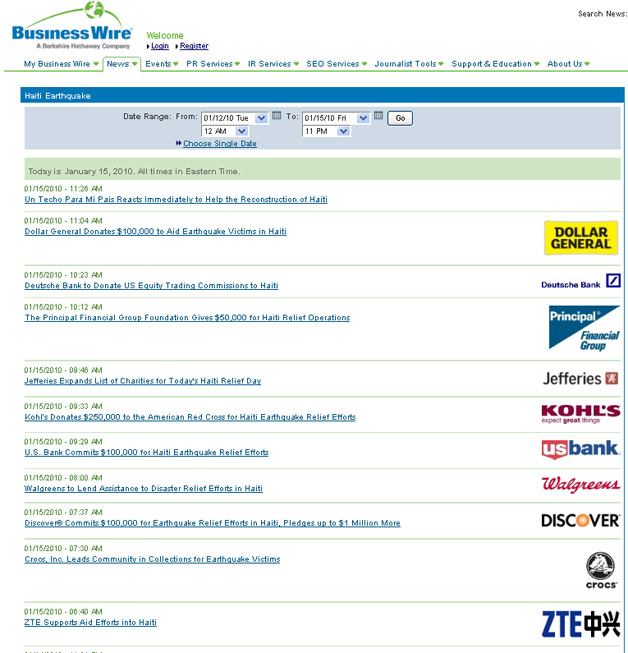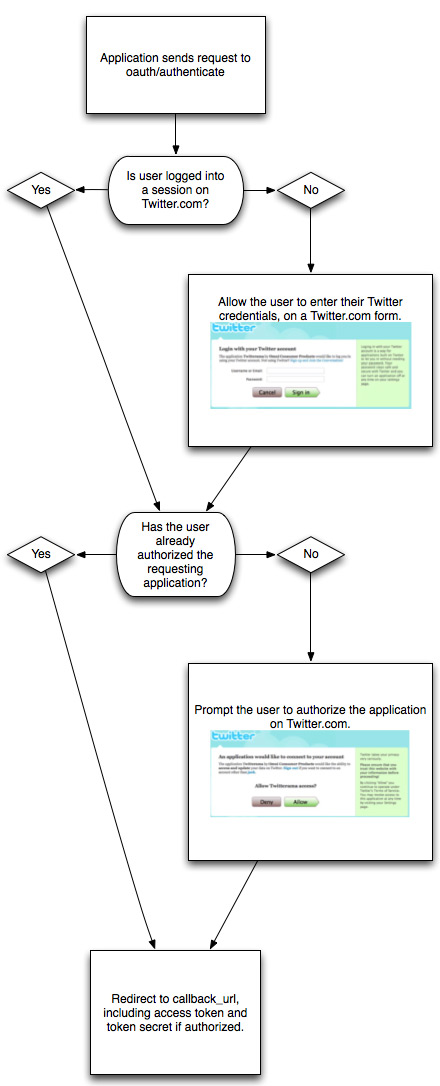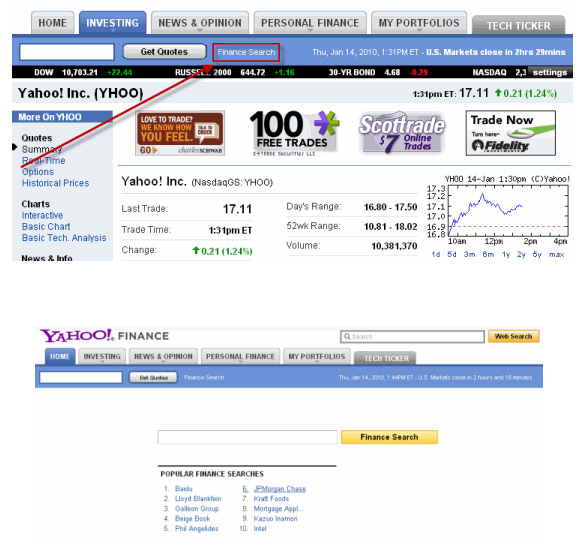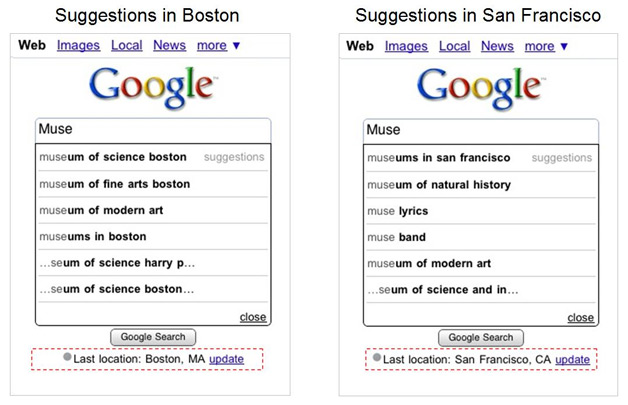The search engine landscape is ever changing. We covered that. However, while there are multiple players involved in facilitating that change, there is one that drives it far more than the rest of the competition. Obviously, we’re talking about Google.
Is there a point where adapting to Google’s changes becomes impossible? Share your thoughts.
To a very drastic extent, Google drives how the search engine marketing industry operates. With Google holding such a dominant share of the search market, it’s not hard to figure out why. While some may tell you it’s not the most productive use of your marketing time, businesses who hope to find success in driving people to their website (or even brick and mortar store) often hang on every word Google says and every change Google makes to its search engine and/or search results.
Liz Gannes with the tech blog GigaOm recently spoke with Google Engineering Director David Glazer about Google’s approach to social for 2010. And we come back to that changing search landscape. Social plays a huge role in it, and Glazer acknowledged just that. Gannes reports:
In 2010, Google plans to expose and elicit more of the social network built into the tools that many of us already use — Gmail, Google Talk, etc. If you use Google products, the company already knows who your most important contacts are, what your core interests are, and where your default locations are. Glazer said to expect many product and feature launches that start to connect that information in useful ways.
"Everything is better when it knows who I am," said Glazer, who is responsible for working on developer platforms that include social aspects — a more distributed role than he had at Google in the past, Glazer said, when he was working on social exclusively. That’s an improvement, he said, since social products are no longer siloed within the company.
What does "social" mean to Google? "Who I am, who do I know, what do I do," said Glazer. (emphasis added)
Back in October, Google released its experimental Social Search feature, which Google said would help users "find more relevant public content from their broader social circle."
Relevance of social search has been questioned though. WebProNews recently discussed search trends for 2010 and beyond with comScore‘s "Search Evangelist" Eli Goodman. Believe it or not, social search is counted among these trends, and he mentions such a lack of relevance in social search results.
The real question is: is SEO going to become less relevant? Before you get all worked up, I will acknowledge that SEO is based on adaptation and changing along with the search engines. In fact, that was essentially the topic of a recent WebProNews article. Hear me out.
Right now, search engine optimization as we know it is still very relevant for businesses, but as Google learns more about who people are, they’re going to direct them to what they think is right. Social search and personalized search are very closely related.
Think about Google’s universal search, which aims to deliver results Google thinks you might want. These results draw from a wide variety of different places – Google News, Google’s real-time index, YouTube, etc. Each set of universal results takes more attention away from the regular old organic results. How long until social search (or something like it) becomes a part of this.
And let’s not forget about mobile. Smartphones are taking the world by storm, and Google is doing everything in its power to take over this market (though it still has work to do). Google knows your location if you let it. Then you have Google Latitude. Google knows your friends’ locations if they let it. Then, what happens when Chrome OS (Google’s Operating System) comes out. It may not catch on as much as Google would like, but then again it may. It starts on netbooks, but how long until that grows into something bigger?
Google just keeps on releasing more products. More products means more opportunities for the company to encourage use of other Google products. They also keep acquiring more companies by the way, and that includes the recent acquisition of a mobile advertising agency and an attempted acquisition of Yelp (the failure of which, was quickly compensated for to some extent by Google’s release of the "Near me Now" feature).
As Gannes notes, Google has this month brought on strategists Joseph Smarr and Chris Messina, who she says are "widely known for their advocacy of the open social web." This likely will lead to more social and personalized experiences related to search.
Chris Brogan, one of the posterboys for social media, read the article too, and makes some pretty good points for businesses. Rather, he asks questions. Questions like:
– Does your company know how you are?
– Do they know who you know?
– Do they know what you do?
Questions like these are already important for a business looking to establish its identity (not to mention tell its story), but they could become increasingly important in an era of new SEO strategies.
"People expect a certain level of customer service as table stakes to the game," says Brogan. "In the new, much more wired world, I believe we’re asking for more. I want my airlines to know just how often I fly, which seat I tend to choose, how often I upgrade, and whether I normally check my bag. Think about how helpful they could be if they did something with that information."
Naturally, privacy plays a big role in the scheme of things, and as Brogan notes, that means opt-in. However, I think people generally trust Google (the search engine), at least to the extent that they will continue using it for the foreseeable future. I am well aware that many people do NOT trust Google, but within the broad spectrum of the general public, people trust it. Google’s search market share is evidence of that.
So, moving into the future, as Google makes efforts to tailor the user experience to a more social and more personalized one, where does that leave traditional SEO? Can it survive? It’s always been about adaptation and will continue to be, but is there a breaking point where SEO will be trumped by who users know and where they are? Who they are? Can you optimize for every individual customer? That’s where things could get tricky.
If you have thoughts on the matter, we would love to hear them in the comments.
Related Articles:
> Google Launches Social Search Experiment
> Optimizing for Mixed Media Search Results
> Succeeding In SEO Requires Change

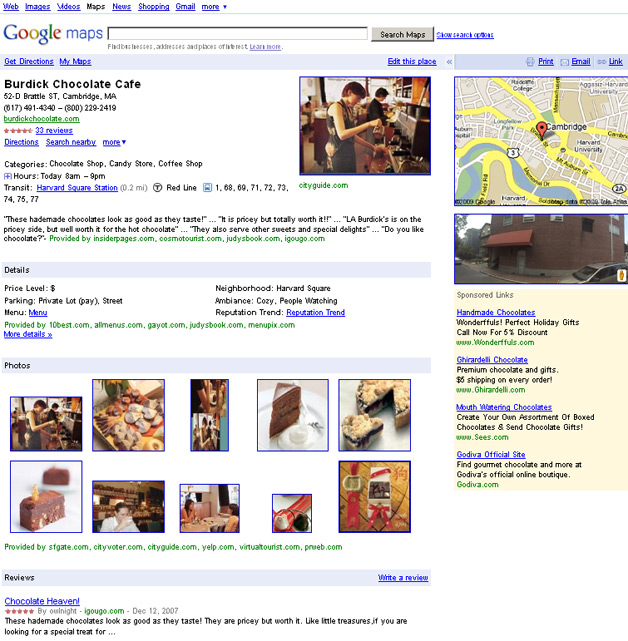

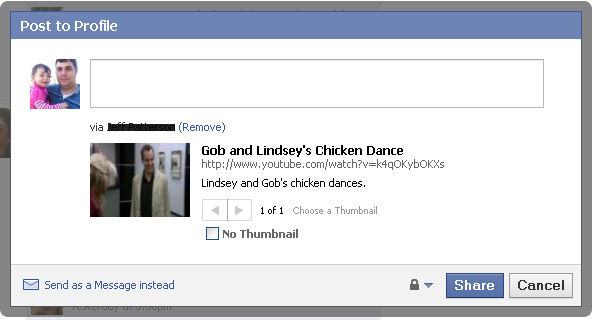




 66% of all government agencies currently use some form of social networking – from blogs and wikis to instant messaging and discussion boards, according to the study. 31% of those surveyed have embraced social media as a means of providing a more efficient customer feedback channel.
66% of all government agencies currently use some form of social networking – from blogs and wikis to instant messaging and discussion boards, according to the study. 31% of those surveyed have embraced social media as a means of providing a more efficient customer feedback channel. 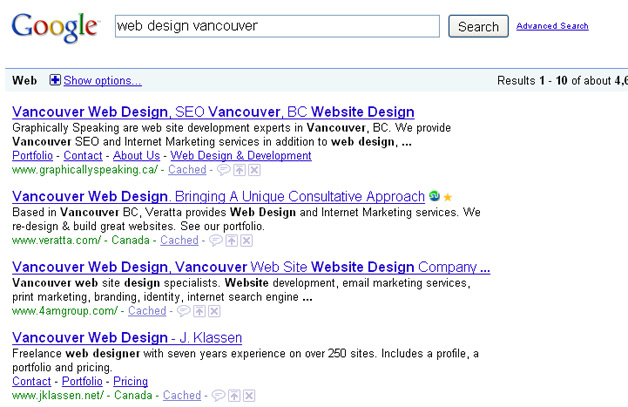
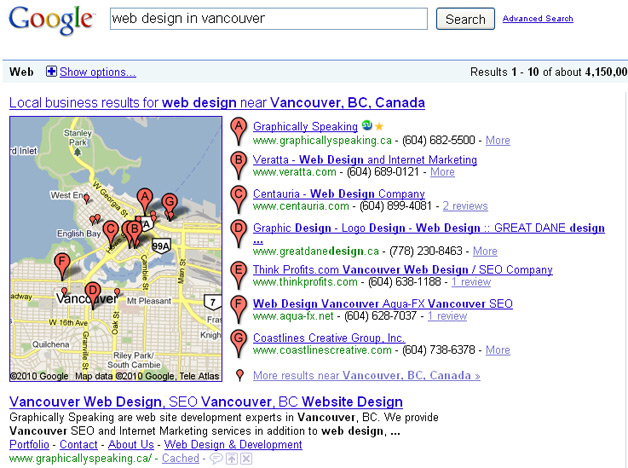
 "Furthermore, Google styles its advertising as ‘pay per click’, promising advertisers that ‘You’re charged only if someone clicks your ad,’" says Edelman. "But here, the video and packet log clearly confirm that the Google click link was invoked without a user even seeing a Google ad link, not to mention clicking it. Advertisers paying high Google prices deserve high-quality ad placements, not spyware popups and click fraud."
"Furthermore, Google styles its advertising as ‘pay per click’, promising advertisers that ‘You’re charged only if someone clicks your ad,’" says Edelman. "But here, the video and packet log clearly confirm that the Google click link was invoked without a user even seeing a Google ad link, not to mention clicking it. Advertisers paying high Google prices deserve high-quality ad placements, not spyware popups and click fraud."


